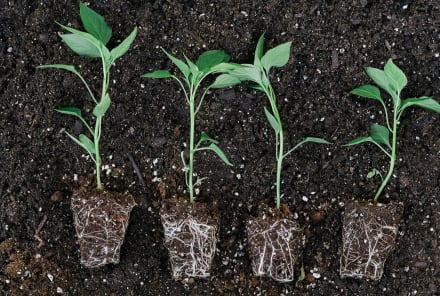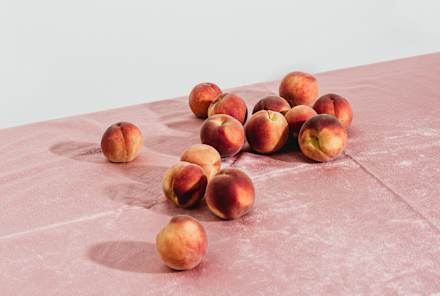Advertisement
How Working With Dolphins Led Me To Painful Truths About Our Planet & Its People

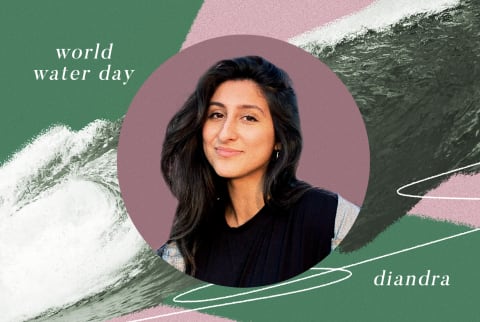
I went to college in Galveston, Texas—a coastal town that people frequented for corn dogs and pier fishing but wasn't exactly known for its beautiful, pristine beaches.
I didn't care: After growing up further inland, I was so excited to just be by the water. I loved lying on a hot towel, feeling the beads of sweat start to form, and then jumping into the ocean to joyfully shock myself back into my body.
Living by the beach also taught me to love my skin color: I went to a predominantly white Christian conservative college, which wasn't the most welcoming place for a little Mexican chick living in Texas. After a day full of sun and water, I felt the most alive and the most comfortable in my own skin.
But ultimately, the part of Galveston that stuck with me the most was my time volunteering for the Texas Marine Mammal Stranding Network, where I helped rehabilitate dolphins. It's not uncommon for marine mammals to fall ill in the Gulf and wash up to shore. We would have to support them physically to keep them from sinking and essentially giving up on life.
It was rewarding, but obviously incredibly sad, work. I don't think I realized it at the time, but that experience helped set me on the path of thinking about how the same extractive industries that harm the Earth's wildlife also harm its people.
Lessons from the coast.
That rehabilitation work planted a ton of seeds. First, I started to make sure that I wasn't leaving any trash or packaging behind on the beach since I knew that plastic was one threat to the marine mammals we saw wash ashore.
Then, I went a step deeper and started to question why so much of the stuff I was sold came in harmful packaging to begin with. I went from eating a seafood-rich diet, thinking that it was connecting me to the local community, to wondering why people in that community were forced to drain their waters of fish in order to make a living.
These small awareness shifts showed me that so many of the systems that were in place in Galveston were harming that area's local ecosystems. They ultimately set me on the path of spending years studying environmental issues elsewhere, where I saw that this was definitely not just a Galveston problem.
We are so ready and willing to talk about helping sick dolphins and whales—but when we talk about helping vulnerable people, it gets touchy.
My work in eco-fashion taught me that when you go to the garment district in exploited countries, you can quickly tell what Pantone's color of the year is that year. It's the one you'll see polluting their rivers. My research on environmental justice showed me how much more quickly wealthy, predominantly white coastal communities are able to recover after natural disasters compared to BIPOC communities that don't get the same investment.
Over the years, I've come to the conclusion that the systems that incentivize us to buy stuff wrapped in plastic and eat overfished species are also robbing many of us of the right to healthy, pristine nature. Yet we don't pay nearly enough attention to this human impact of the climate crisis.
We are so ready and willing to talk about helping sick dolphins and whales—but when we talk about helping vulnerable people, it gets touchy. Sometimes it seems like we have more sympathy for animals than we do for people who don't look like us—most of whom we'd rather not acknowledge.
But at the end of the day, it's ignorant to think that compromising one community's water doesn't have implications for everyone's water. The ocean is a connector, and it flows among all of us. Every time we harm it, we're only harming ourselves in the long run.
When we talk about the ocean, we're talking about injustice.
This interconnectedness between people and planet is what I now explore in my work at Intersectional Environmentalist, an organization dedicated to dismantling systems of oppression in the environmental movement.
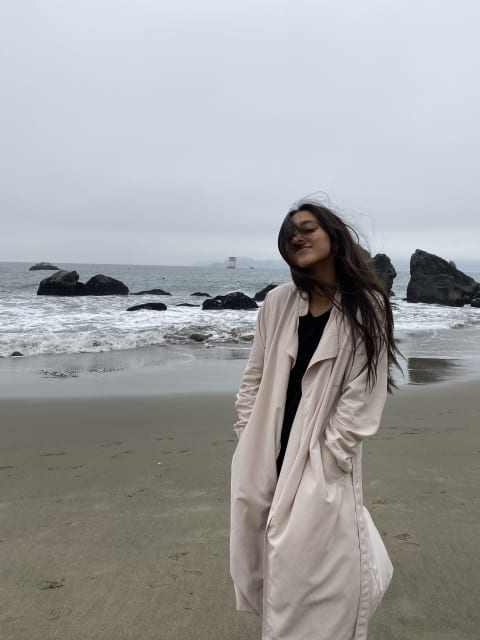
We believe that it's not about introducing sustainability to BIPOC communities. It's about rerouting it there. The extractive systems I noticed on the beach all those years ago have cut the cultural ties to earth stewardship that my ancestors and so many people's ancestors upheld for generations before us. They've taken that reciprocal relationship with the planet and chipped away at it, flattened it.
Restoring our planet starts with giving power back to these people and rethinking the forces that keep them trapped in poverty and unsustainable ways of living. It's not the lower-income communities that are throwing plastic bags on the beach that are the problem. It's the systems that eliminate whole foods from their reach and make it impossible to properly manage all the trash they are forced to rely upon.
Looking forward, I hope to center my work on people who have historically been left out of the environmental movement and remind them that having a connection to nature is their birthright. It's a part of their story. It's a part of their ancestry. And it can be reintroduced in a way that is celebratory and joyful and restorative.
Diving into new waters.
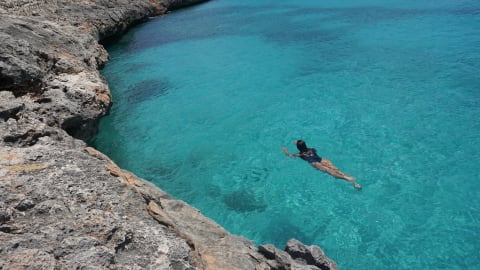
I haven't been back to Galveston in a while. The last beach trip I took was pre-pandemic, to Mallorca. It was the complete opposite of the Texas coast: Instead of shops and restaurant chains everywhere, there were locals selling bocadillos from fold-up tables. It was a cleaner beach, a preserved beach, a respected beach.
I still got that glorious tan feeling in Mallorca, still felt the sweat on the back and the salt in my hair, but I didn't need to buy those moments. They were just available to me, to all of us.
One day, I worked up the courage to go cliff jumping. And I remember being so happy that the walk wasn't lined with gift shops or distractions. It was just me, in that perfect place, left alone to anticipate my next reunion with the ocean.
As told to mbg's senior sustainability editor, Emma Loewe
